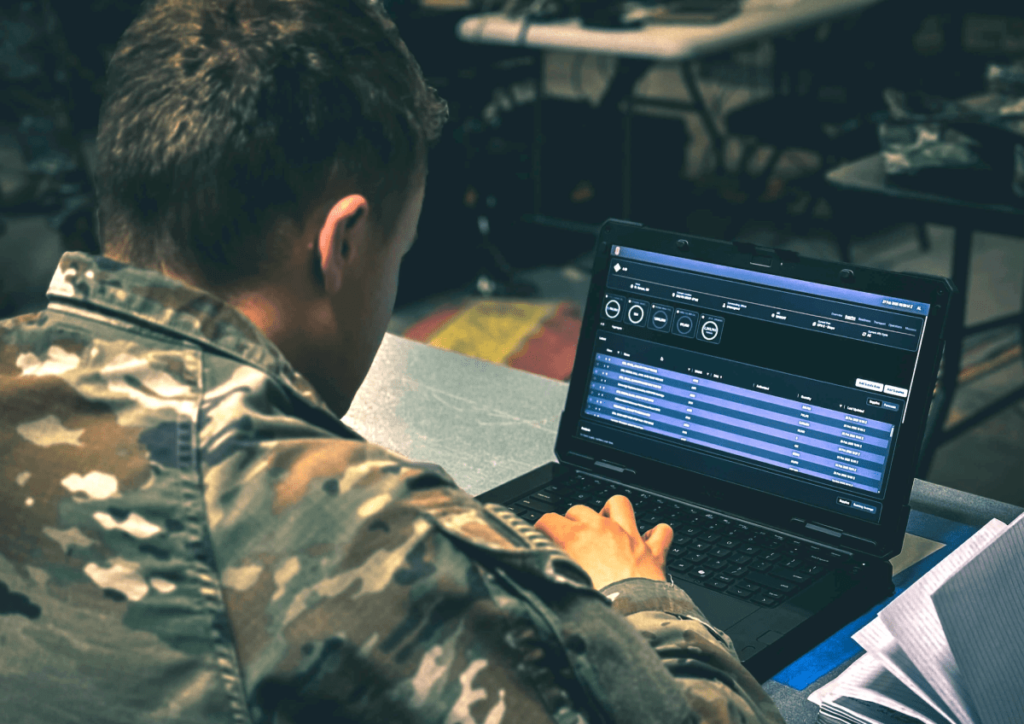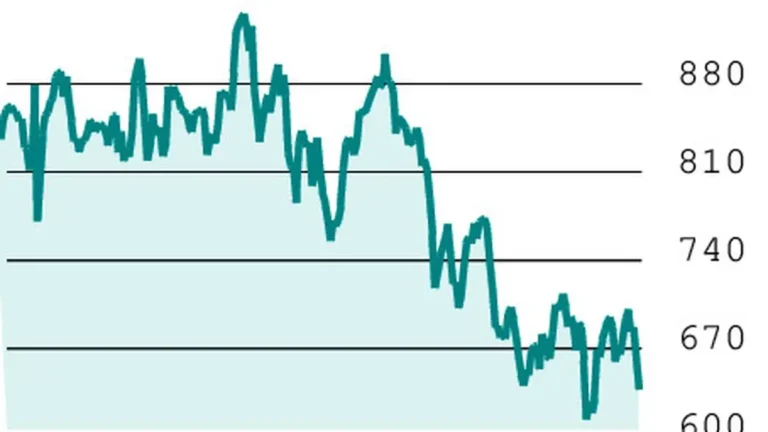Silicon Valley is doubling down on defense as geopolitical tensions rise and appetite for modernizing warfare grows. And while many of the startups garnering large valuations are focused on hardware and weaponry – think Anduril, Shield AI, Skydio – Rune Technologies wants to tackle AI-enabled software for military logistics.
“The U.S. military runs on Excel spreadsheets and white boards and manual processes right now to execute logistics operations,” co-founder David Tuttle told TechCrunch. “Logistics is never the sexiest part of the military. The technology industry emphasis is on how do we make things go boom? How do we build great weapons systems?”
Logistics, Tuttle says, usually falls behind when it comes to innovation. And he should know. Earlier in his career, he was a field artillery officer in the U.S. Army. Later, he served with the Joint Special Operations Command before going on to work at Anduril, where he met his co-founder, ex-Meta and ex-Marine Corps Peter Goldsborough. The two founded Rune after seeing how much modern warfare has changed the scale and pace at which armies have to sustain force.
“Ukraine is a sad example of the expenditures of munitions, the consumption of supplies, and those types of things in a near-peer adversary conflict – they will break human-centric and analog-centric processes,” said Tuttle.
Rune’s flagship product TyrOS promises to transform manual logistics processes into intelligent supply webs that predict future needs, optimize current resources, and enable distributed operations – even from a disconnected laptop in the middle of the jungle.
The startup has just raised a $24 million Series A off the back of pilot deployments under the Army and Marine Corps. The round – which Human Capital led with participation from Pax VC, Washington Harbour Partners, a16z, Point72 Ventures, XYZ Venture Capital, and Forward Deployed VC – will go towards expanding TyrOS deployment into other U.S. military services.
TyrOS has two major selling points. The first is its technical capabilities as a mission command system for logistics. TyrOS relies on deep learning models, including time series models, to forecast supply and demand assets like personnel, transportation, equipment, food, and other resources based on hundreds of environmental and supply variables.
Techcrunch event
San Francisco
|
October 27-29, 2025
“A logistician thinks about not just, What do I have on hand from supplies?, but also, What vehicles do I have to move that?” said Tuttle. “What qualified crews do I have to drive that vehicle? What routes is that vehicle going to go over? And is that threat-informed? Is a bridge blown up on the route that we need to reroute around?”
Tuttle says the team at Rune – two-thirds of which are veterans – is also working to integrate generative AI into TyrOS for “course of action generation,” enabling the system to digest massive datasets in real-time battle space environments so that logisticians and commanders can query it on the fly. And while LLMs have advanced rapidly, TyrOS still relies on traditional mathematical optimization for certain tasks – like planning aircraft loads based on cubic volume and other constraints – where precise calculations are essential.
TyrOS’s second major hook is its edge-first architecture that bypasses the need for constant connectivity to remote servers, allowing the system to operate independently and synchronize when communications are reestablished. In other words, TyrOS is “cloud-capable, but not cloud-required.”
“Building software today from a cloud environment standpoint is very different architecturally than if I’m building software to run literally on this laptop in the jungle in the Philippines with Marines or soldiers.” Tuttle said.
TyrOS is also cloud- and hardware-agnostic; it can run on program-of-record hardware server stacks that the military uses today for ease of integration, per Tuttle.
The co-founder noted that Rune’s backers include executives at both Palantir and Anduril, where he sees plenty of partnership opportunities. Rune was recently selected for the Palantir Startup Fellowship and announced its integration earlier this year with Palantir’s Defense OSDK (Ontology Software Development Kit to enable automated logistics from the tactical edge to the strategic layer.
Automating the gap between tactical-level intelligence and strategic decision-making is Rune’s long-term vision.
“I’m not just worried about sustaining this for the next 30 or 60 days,” Tuttle said. “I’m worried about how this might impact production decisions back in the defense industrial base. That’s the vision we want to get up to. How do you drive tactical level data all the way up to the operational level, to the strategic level, to potentially drive the production of artillery shells?”















